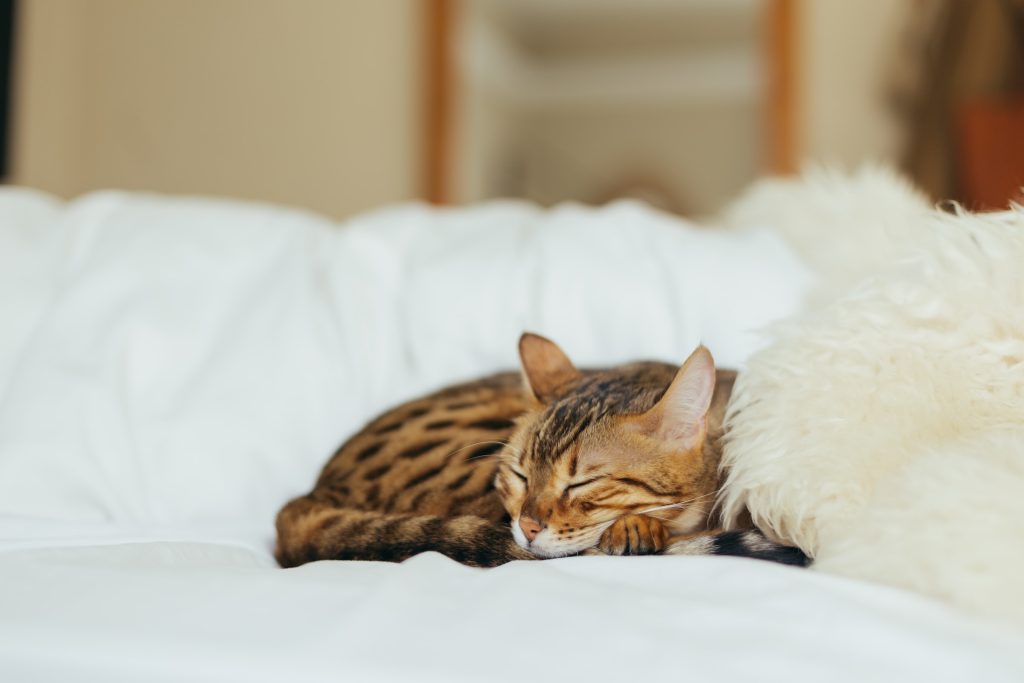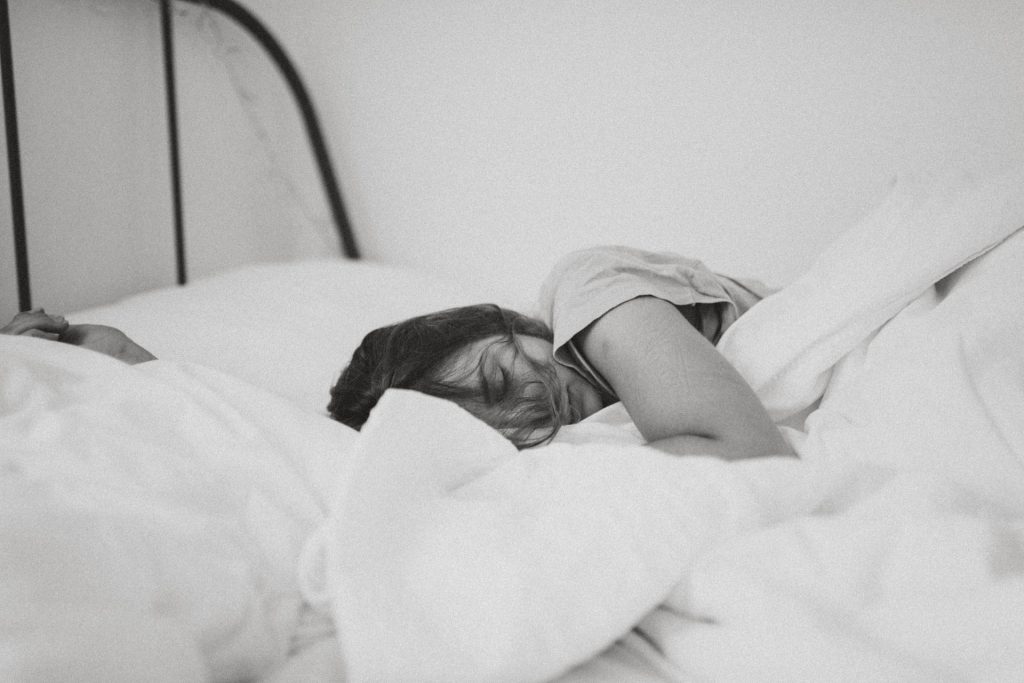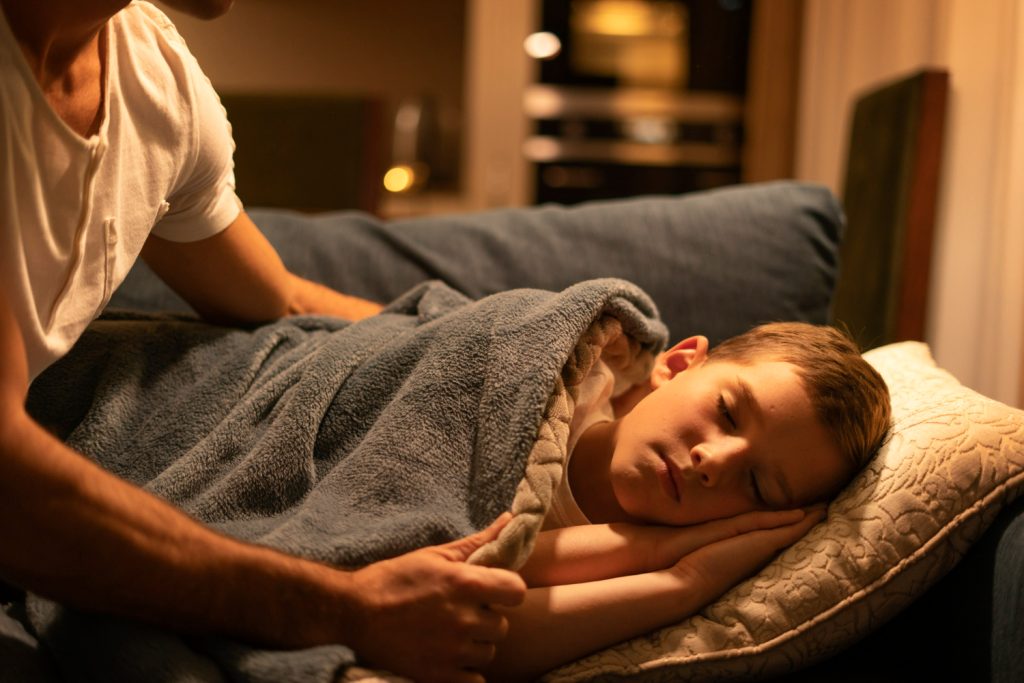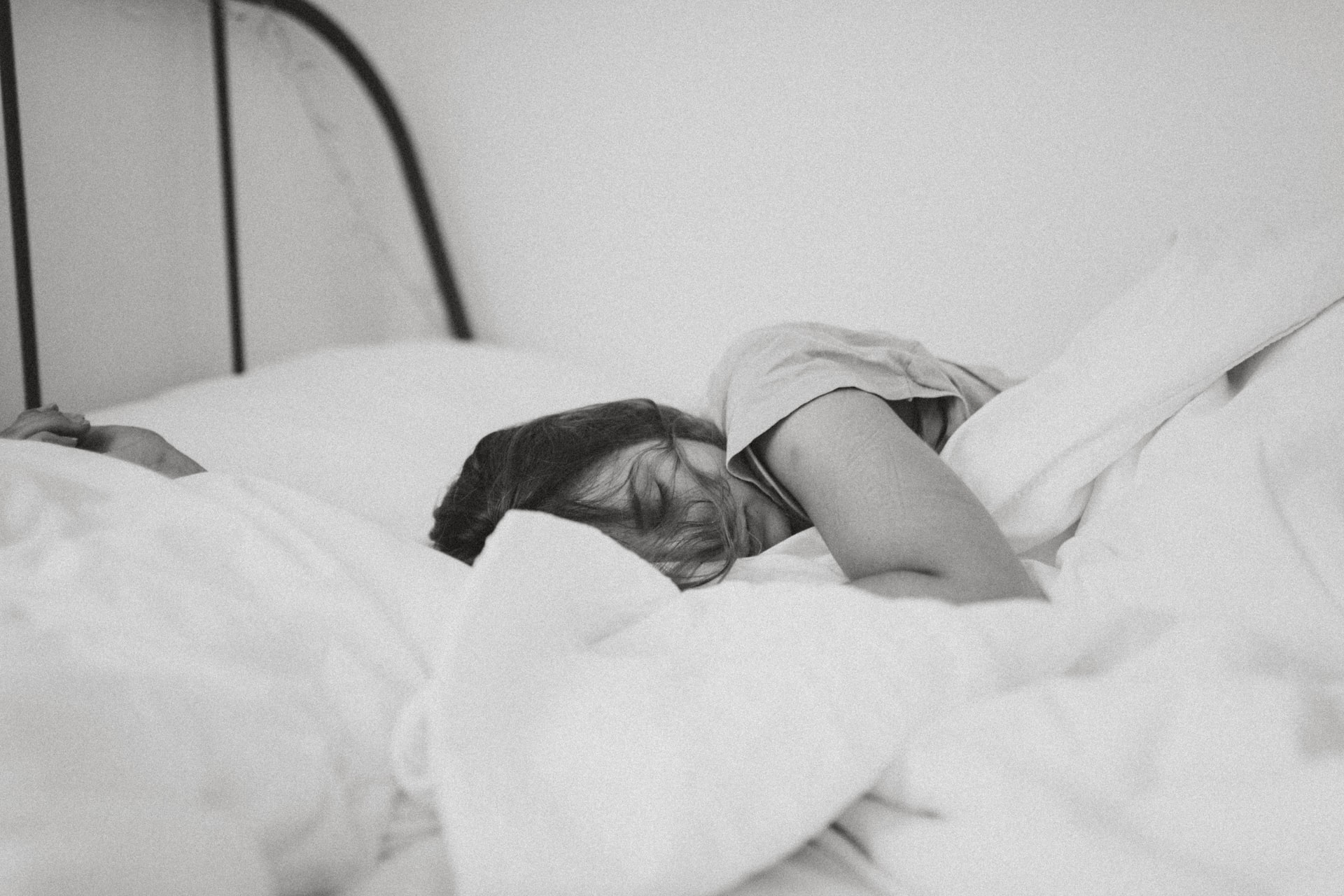
Image by Freepik
Insomnia is one of the most frustrating and irritating experiences of modern-day life. You look up at the ceiling (or, worse, at the red numbers of a clock), your mind racing with odd ideas, tossing and turning while everyone else sleeps soundly. To treat insomnia can drive a person insane!
Everyone suffers from sleeplessness sometimes. Even though people who are blessed with excellent sleep genes, sometimes toss and turn all night. And some sleepless nights are also good. They just indicate that you are very passionate about something, that you have had one too many cups of coffee, or that some other fluke stars have aligned to make you unable to sleep for a night or two. But common people don’t know how to treat insomnia, even don’t know it is a disease, anyway. All you have to do is ride it out, knowing that you’ll be back to your regular sleeping schedule shortly.
However, for many individuals, sleeplessness becomes a chronic condition. If you’re experiencing trouble falling or staying asleep a few times a week and it’s been a few months, we’re dealing with a different species. Chronic insomnia may seriously interfere with your life. It is gonna be a sign of depression and makes sleep a job rather than a relief. The more difficult you fall asleep, the worse you get mental health.
Then, what to do for sleeping better? Do you know how to treat insomnia yourself? You should check causes of insomnia and know about sleep hygiene. Let’s follow this article.
What Causes Insomnia?

Image by Freepik
Most of problem can be solved by figuring out a cause, same as a way to treat insomnia. Stress, an irregular sleep pattern, poor sleep hygiene, mental health issues such as anxiety and sign of depression, physical ailments and pain, drugs, neurological abnormalities, and specialized sleep disorders are all common causes of insomnia. Many individuals experience insomnia as a result of a combination of these reasons.
Some common symptoms of insomnia include:
- Difficulty sleeping at night
- Having a nighttime awakening
- Waking up too early
- Having trouble recovering after a night’s sleep
- Daytime drowsiness or fatigue
- Anger, sadness, or irritability
- Inability to concentrate, pay attention or recall
- More mistakes or mishaps
- Persistent concerns about sleep
- Lack of melatonin for sleep
4 ways to deal with insomnia yourself

Image by Freepik
1. Avoid Daytime Nap
Your eyelids are drooping because it is mid-afternoon. You’re having trouble staying awake at your desk after a challenging night of sleep, but you believe you have the answer: a power nap might be just what you need to get you going again.
Perhaps you have heard that taking naps can be a quick pick-me-up after a long day. What harm could possibly result from resting your head for a while? You can find a ton of information online that claims that napping has mental health advantages, including making you feel more energized and lowering your stress and mood levels.
Unfortunately, if you have sleep apnea or insomnia, that quick power nap might have the opposite effect. People who experience specific sleep disorders may not always benefit from naps in terms of their health. In actuality, naps can aggravate your symptoms and unintentionally plunge you into a cycle of sleeplessness that can aggravate your condition.
Those midday naps are especially alluring if you have insomnia. But they can continue a pattern of daytime naps and sleeplessness at night. The less sleep you get throughout the day will make you less exhausted at night, which might make your symptoms of insomnia worse. As a result, you start to want to sleep throughout the day. The cycle continues when you surrender.
It’s critical for those with insomnia to create a regular sleep schedule with a nighttime focus. This involves staying away from daytime naps. Avoiding naps also build up sleep debt, which helps with nighttime sleep. Of course, it is the fundamental goal to treat insomnia.
2. See Sunlight As Much As Possible During The Day
The maxim “the best things in life are free” certainly applies to morning sunshine. Our bodies flourish when they are well-nourished, and sunshine may have similar positive effects as when we eat properly and feel terrific.
Our bodies are designed to synchronize with the sun. When the sun sets, our bodies generate melatonin for sleep, and when the sun rises, they produce less of the hormone.
Many of us consider going outdoors to be a luxury and put it off so we can work more or unwind in front of the TV. However, research indicates that exposure to sunshine could improve your ability to recover, perform more productively, and get better mental health. It is the simplest way to avoid sign of depression and improve sleep hygiene.
3. Eat Foods Rich in Melatonin
Have you ever used melatonin for sleep at night and treat insomnia naturally yourself? Nowadays, the usage of melatonin as a natural sleep aid has nearly made it a household name.
But did you know that you can supplement your body’s natural production of melatonin for sleep with pills, gummies, and other foods?
It is real! Some foods are rich in ingredients that help people go to sleep, such as tryptophan, magnesium, and melatonin. By enhancing the melatonin levels in your body naturally, eating these foods may aid in better sleep. These include cherries, bananas, walnuts, milk, complex carbohydrates, goji berries, oats, mushrooms, bananas etc.
There is no official recommended melatonin dosage for adults, but a range of 1 to 5 milligrams generally appears to be effective. If you include these foods in your diet a few hours before sleep and get proper sunlight you will have enough melatonin for sleep in your body.
4. Listening To Calming Music Before Going To Bed
Introduce Alarmy Sleep-Inducing Music, It’s So Nice To Wake You Up.
Music is a powerful kind of art. While it may be more famous for making people want to dance, it also provides a simple method to enhance sleep hygiene, making it easier to go to sleep quicker and wake up feeling more refreshed.
Through soothing autonomic nervous system components, which result in slower breathing, a lower heart rate, and lower blood pressure, music enhances sleep.
Many insomniacs relate their bedrooms to frustration and restless nights. This may be offset by music, which helps stop unsettling or nervous thoughts and promotes the physical and mental health calm required for sleep. You can also try Alarmy sleep-inducing music to sleep and sleep tight and happy. Get rid of sign of depression and daily worries, just relax as listen calming music.
Alarmy provides more than 700 sounds consisting of Nature, ASMR, White Noise, Meditation, etc.
Let’s Wrap it Up
Finally, it can be said that practicing proper sleep hygiene will not only help you treat insomnia but will also make it easier for you to go about your everyday activities. If you don’t take care of your sleep, you are increasing the risk of developing several health problems as well as limiting your lifespan. It causes sign of depression too.
The guide for improvement of Sleep Hygiene
However, if you have exhausted all-natural cures for insomnia and have looked into every possible method of treatment but are still having trouble falling asleep, you should contact a qualified sleep expert.



